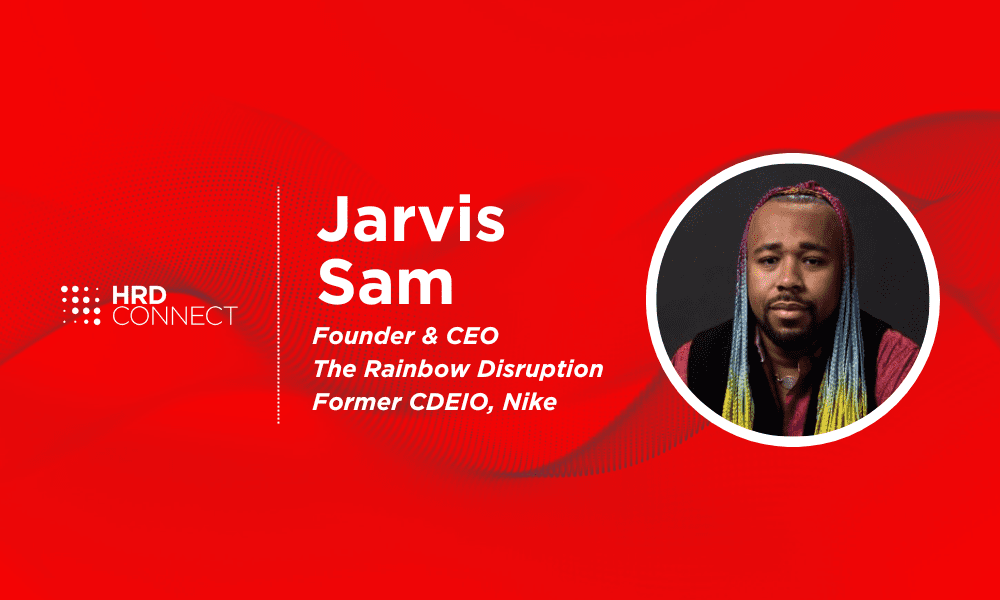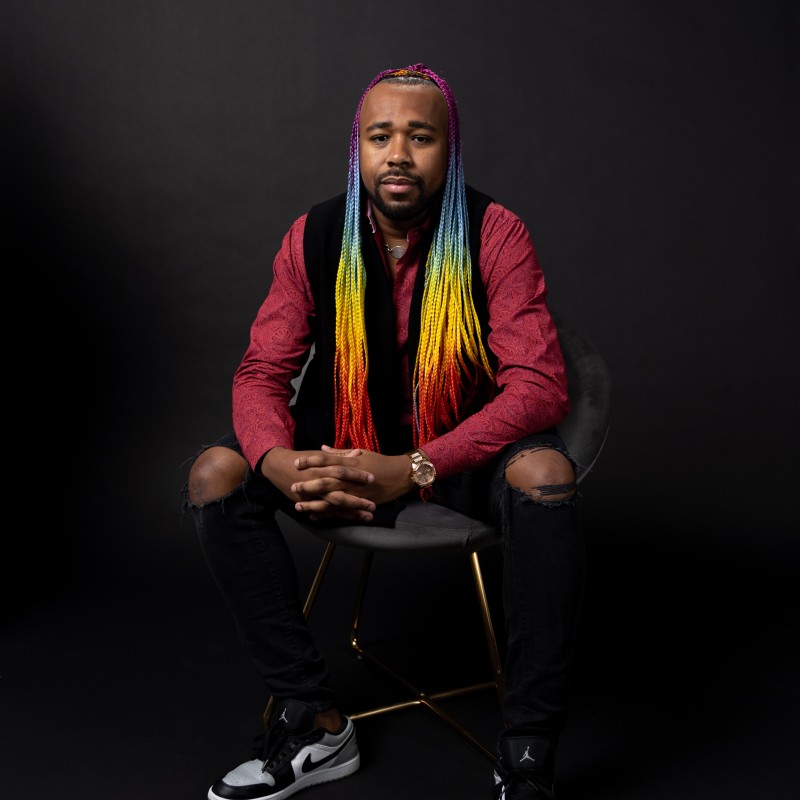Empowering organizational commitment to DEI amidst political polarization
- 5 Min Read
In today’s politically polarized climate, maintaining an organizational commitment to diversity, equity, and inclusion (DEI) is a formidable task. This article explores the challenges posed by political polarization and offers bold strategies for organizations to sustain their commitment to DEI in the pursuit of a more inclusive future, where DEI thrives regardless of divisive political landscapes.
- Author: Jarvis Sam
- Date published: Jun 13, 2023
- Categories

In today’s increasingly polarized political landscape, maintaining an organizational commitment to diversity, equity, and inclusion (DEI) initiatives can be a daunting challenge. As political polarization increases and societal divisions deepen, we cannot overlook its impact on DEI programs within organizations.
This article delves into the complexities of navigating this turbulent environment. It offers insights into how organizations can foster and sustain their commitment to DEI in the face of significant political polarization.
By examining the impact of political polarization on DEI efforts and presenting bold strategies for overcoming these challenges, we shed light on the path toward a more inclusive future.
Understanding the impact of political polarization on DEI programs
Political polarization refers to the deepening divide between individuals or groups with opposing political ideologies. It results in heightened tensions and reduced communication across ideological lines. Studies have shown that political polarization can have a direct and detrimental impact on DEI programs within organizations. It hinders progress and dilutes commitment.
Research conducted by the University of Chicago in 2022 found that political polarization undermines the support for DEI initiatives. The study revealed that when individuals strongly identify with a specific political ideology, their commitment to DEI programs significantly decreases. This leads to a lack of resources and limited buy-in from key stakeholders. Additionally, the research highlighted that workplace conflicts related to political differences can decrease psychological safety, hindering employees’ ability to fully engage in DEI efforts.
Strategies to sustain organizational commitment to DEI amidst political polarization
1. Foster inclusive dialogue and understanding
To overcome the challenges posed by political polarization, organizations must prioritize and facilitate inclusive dialogue that promotes understanding, empathy, and mutual respect. Establishing structured platforms and spaces for open conversations about DEI can help bridge ideological gaps. This fosters a shared commitment to equity and inclusion. Encouraging employees to share their diverse perspectives and experiences can create an environment where organizations value differing viewpoints and integrate them into decision-making processes.
2. Harness the power of storytelling
To evoke a sense of shared purpose and resonate with employees across the political spectrum, organizations can employ the power of storytelling. Personal stories that illustrate the positive impact of DEI initiatives. Organizations can thereby break through the barriers of political polarization and demonstrate how inclusion benefits individuals, teams, and the organization. Sharing stories that highlight the transformative power of diversity and equity can help generate empathy and foster a collective commitment to DEI goals.
3. Strengthen leadership accountability
Strong leadership plays a pivotal role in maintaining an organizational commitment to DEI, particularly in the face of political polarization. Leaders must not only articulate a clear vision for diversity and inclusion. They must also actively demonstrate their commitment through actions and policies. Research conducted by the Society for Human Resource Management (SHRM) in 2023 reveals that organizations with leaders who prioritize and champion DEI initiatives experience higher employee engagement and increased commitment to diversity. By holding themselves accountable for progress, leaders can inspire employees and cultivate a culture of belonging that transcends political differences.
Overcoming resistance and navigating political polarization challenges
1. Education and empowerment
Addressing resistance and overcoming biases requires a transformative approach that goes beyond traditional education and training programs. Organizations should strive for education that empowers individuals to challenge their own biases and dismantle systemic barriers to inclusion. By providing immersive learning experiences, organizations can inspire individuals to become active agents of change. This may include workshops that encourage critical self-reflection and empathy-building exercises. Such an approach moves beyond awareness and fosters a sense of personal responsibility. It enables employees to drive meaningful progress in DEI.
2. Disrupting the echo chambers
To navigate the challenges posed by political polarization, organizations must actively disrupt the echo chambers that reinforce ideological silos. Encouraging diverse perspectives and facilitating cross-ideological conversations can help break down barriers and foster a more inclusive dialogue. Implementing initiatives such as “Inclusion Exchanges,” which pair employees with colleagues from different political backgrounds to engage in respectful discussions, creates opportunities for understanding and collaboration. It challenges assumptions and fosters open-mindedness.
Maintaining an organizational commitment to DEI amid significant political polarization requires bold and innovative strategies. By understanding the impact of political ideologies on DEI programs, organizations can proactively implement approaches that foster inclusive dialogue. They can harness the power of storytelling and strengthen leadership accountability. Moreover, by embracing transformative education and empowering individuals to challenge their biases and disrupt echo chambers, organizations can navigate resistance and drive real change.
In this complex and divisive landscape, organizations can play a pivotal role in promoting unity and inclusivity. By nurturing a culture that embraces diversity of thought, engages in respectful dialogue, and empowers individuals to challenge their own beliefs, organizations can pave the way toward a future where political polarization does not hinder DEI. Instead, it serves as a catalyst for progress and positive transformation.
________________
Jarvis Sam is the CEO and Founder of the multi-services DEI firm Rainbow Disruption. He is the former Chief Diversity, Equity, and Inclusion Officer at Nike Inc.










